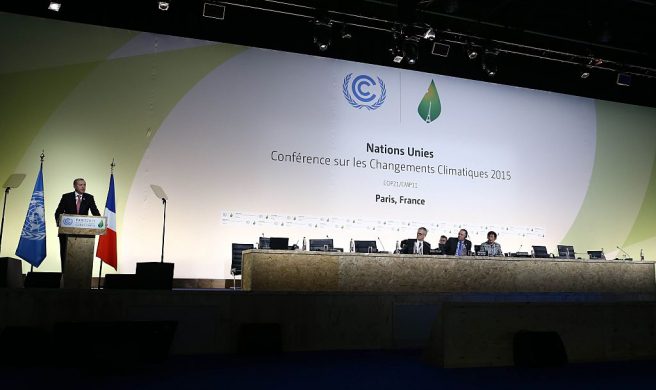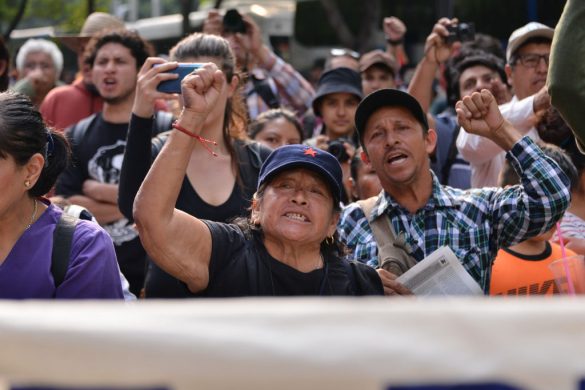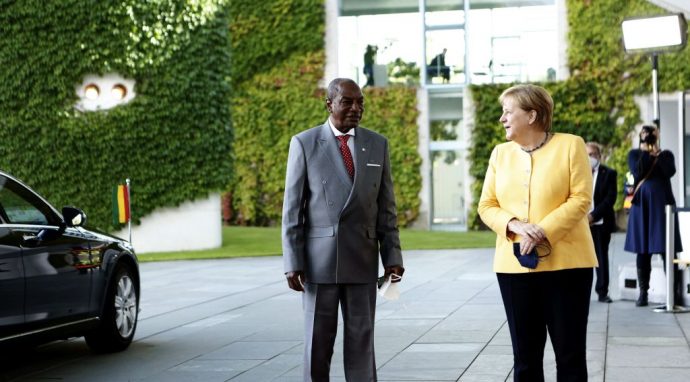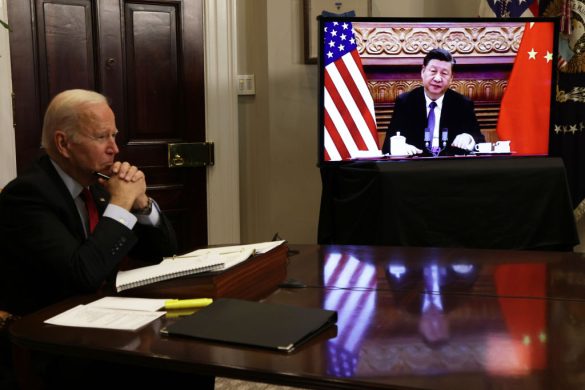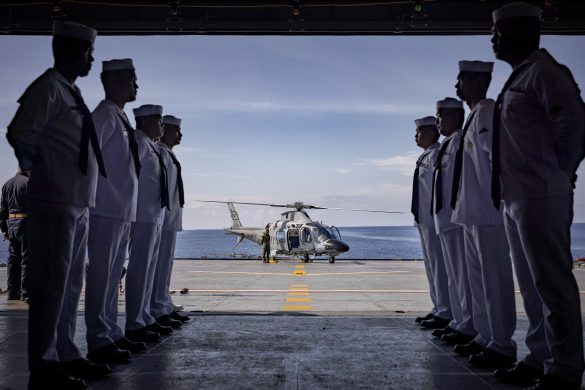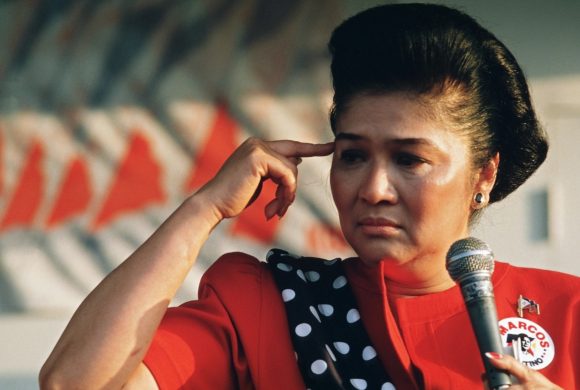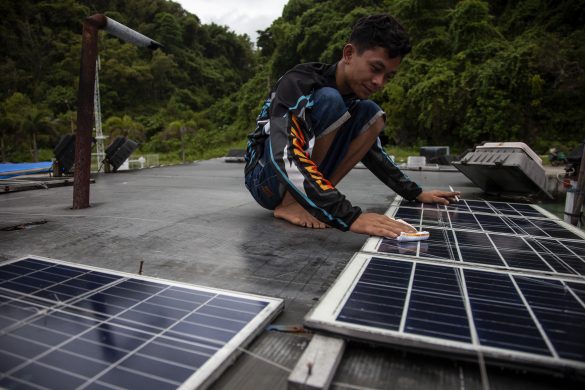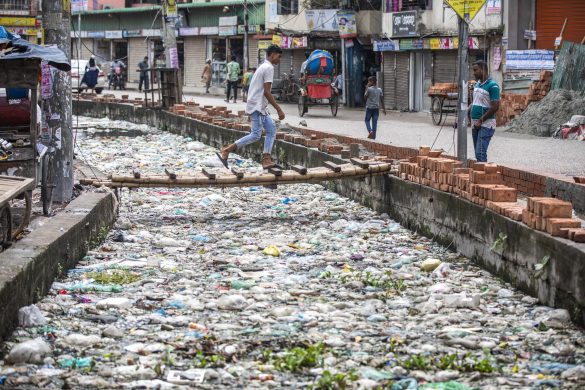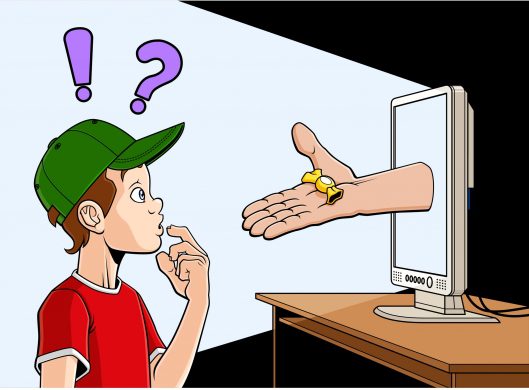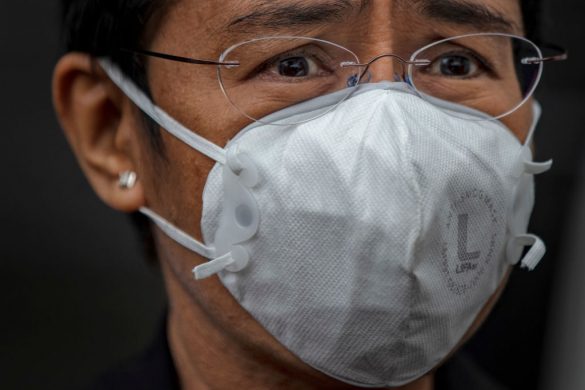GENEVA, 8 November 2015 (UN News): On the second anniversary of Super Typhoon Haiyan, the United Nations Children's Fund (UNICEF) has commended the significant progress made in recovery and rehabilitation efforts in the Philippines, but remains concerned about the unmet needs of children and their families, some still living in temporary housing.
“The two year anniversary of Super Typhoon Haiyan marks tremendous progress in recovery and rebuilding efforts,” said Lotta Sylwander, UNICEF Representative in the Philippines. “UNICEF commends the great efforts invested by the government, civil society and communities to help children and families get back on their feet.”
In a ceremony held in Tacloban City with development and humanitarian partners, Ms. Sylwander recognized the community efforts that went into ensuring that children are healthy, safe and protected.
UNICEF said among its contribution in empowering children and communities and building resilient systems that can withstand future disasters are: a vaccine delivery chain that can continue to immunize children in spite of breakdowns and power outages; a school improvement plan that embodies a culture of safety and preparedness; disaster-resilient evacuation centres; better access to safe water and sanitation and life skills and network building for youth.
But the agency underscored that despite the significant progress made since Haiyan, it remains concerned about the remaining unmet needs of children and their families and that the healing process, especially for children, will take a long time.
Mange bor fortsat i midlertidige boliger
“Many families are still living in temporary housing away from their homes and livelihoods, in constant fear of another typhoon,” according to UNICEF.
UNICEF, however, noted a significant shift awareness of Filipino people when it comes to preparing for disasters “as evidenced by the reduced number of casualties in subsequent disasters including the recent Typhoon Koppu/Lando.”
Effective early warning systems, pre-emptive evacuations and improved government led coordination made a big difference in preventing the loss of life and property, applying many lessons that were learnt from the Haiyan response.
Haiyan is the biggest typhoon recorded in almost a century, and according to the UN Office for the Coordination of Humanitarian Affairs (OCHA), as it slammed into the Philippines in the early hours of 8 November 2013, it killed thousands and affected nearly 9.8 million people, displaced some 4 million people and destroyed 500,000 homes.



